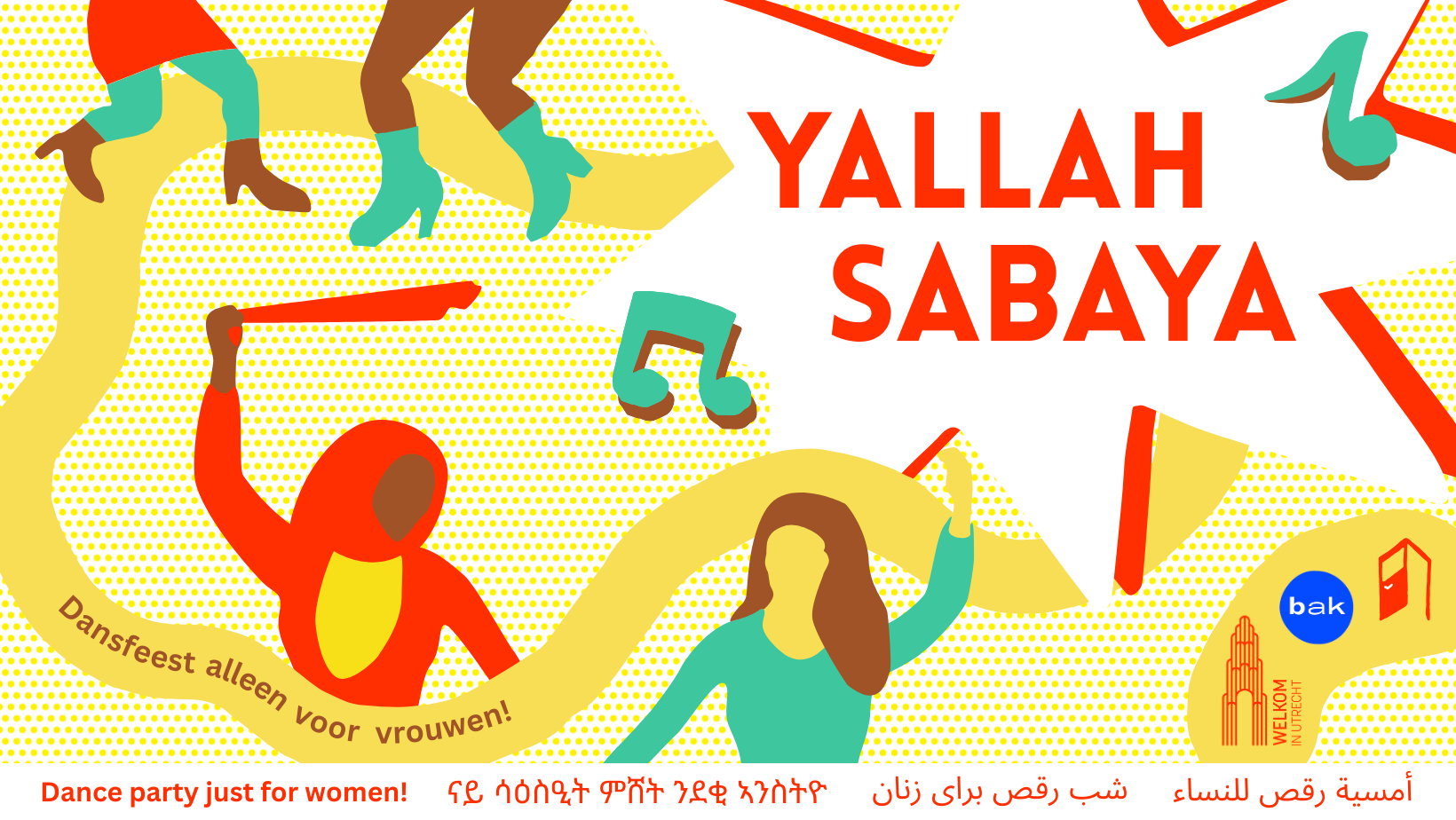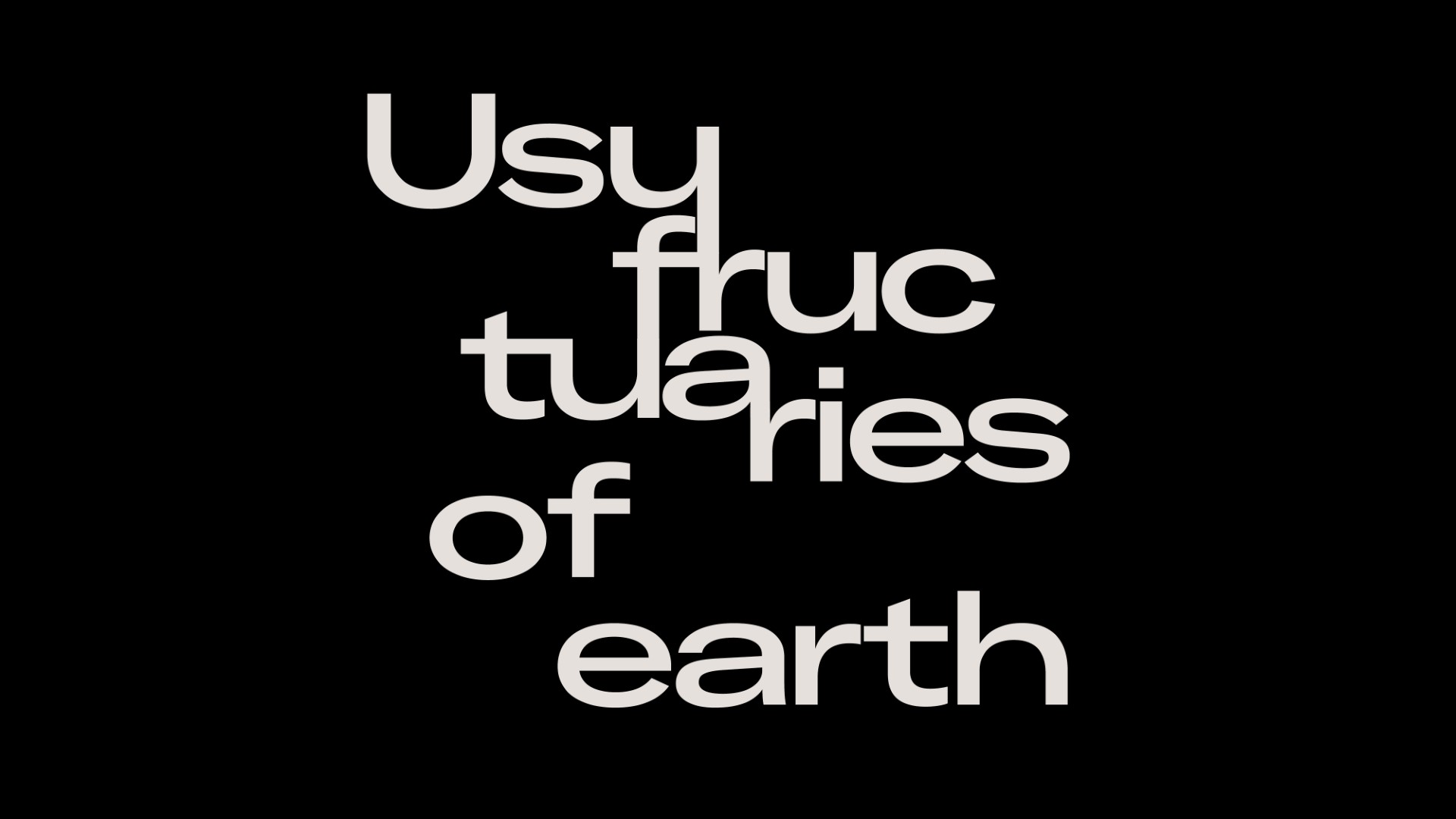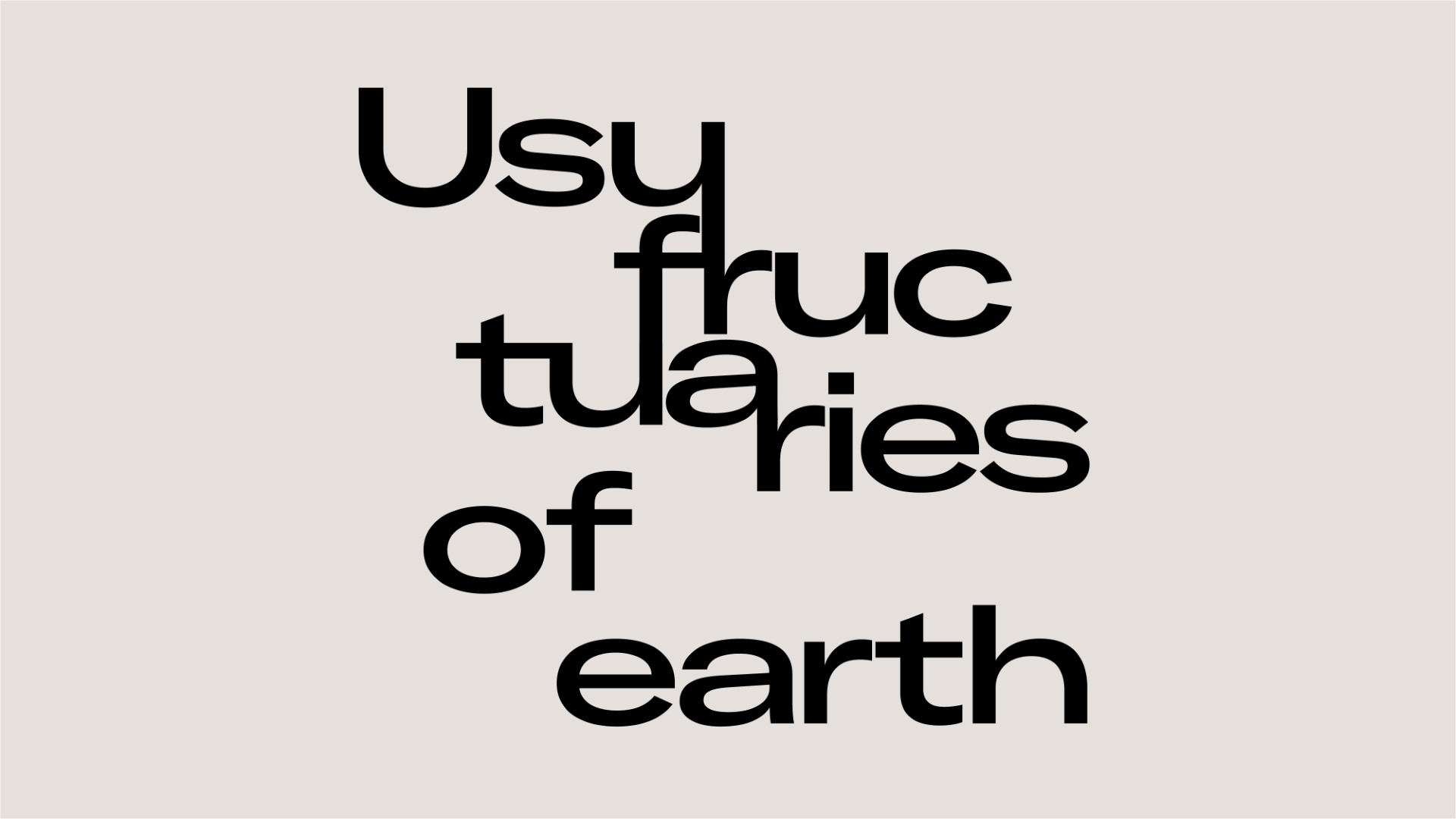Propositions #3: Art as Commitment
Propositions #3: Art as Commitment takes Matthijs de Bruijne’s exhibition title as its starting point. The Spanish compromiso político translates not to a “political compromise” as one might assume, but rather a “political commitment” or even a “political obligation.” For De Bruijne, this playful translation gap opens space for inquiring into true political commitment in and through art. Building on his practice of working simultaneously within social movements and the context of art, De Bruijne puts the term “socially engaged art” under pressure. This genre is, he believes, structurally flawed by its compromise: it tends to bend to art by circulating the aesthetics of the struggle within the art canon rather than committing to the day-to-day reality of the social and political movement. How can we, instead, think and enact an artistic practice committed to both political movement and art? What are the relations between the positions of artist, audience, and visual language in a political movement? How to avoid appropriation while working with/in social movements? Is it possible to call an artwork within art institutions “political” when it uses a language that is illegible outside these institutions?
Propositions #3: Art as Commitment is the third convening platform in BAK’s long-term research series Propositions for Non-Fascist Living (2017–2020), prompted by the dramatic resurfacing and normalization of historical and contemporary fascisms in our present. The gathering and exhibition take place in a makeshift environment amid the renovation of BAK’s new venue and bring together diverse publics to take on the pressing concerns of our time.
Propositions #3: Art as Commitment is developed in a collaboration between BAK and artist Matthijs de Bruijne in the framework of the BAK 2017–2018 Fellowship Program, with contributions by the artist and De Bruijne’s co-researcher Cecilia Vallejos.
Download the handout with the program
Program
13.30–13.40
Welcome
Maria Hlavajova
13.40–13.50
Introduction by Femke Kaulingfreks, moderator of the day
13.50–14.10
The Strategy of a Dual Perspective
Merijn Oudenampse
Thinking with the practice of artist Matthijs de Bruijne, and specifically De Bruijne’s work with the cleaners’ chapter of the Union of Cleaners of the Netherlands Trade Union Confederation (FNV), sociologist and political theorist Merijn Oudenampsen revisits the conceptual strategy of a dual perspective. This strategy aims to circumvent the dichotomous thinking ingrained in artistic (and) political life— inside vs. outside, reform vs. revolution, consensus vs. conflict, presentation vs. representation, institutions vs. political movements, art vs. social context—and act, rather, tactically through mutual entanglement and interconnection.
14.10–14.30
The Political Compromises in and of Art
Sven Lütticken
Is institutional critique fatally reformist in its loyalty, be it critical, to the institutional frameworks of art? When does immanent critique meet its breaking point, or tipping point? Are institutions to be undermined, undercommoned, or used as platforms for “institutional activism”? Once there was a clear division between an immanent critique of the art world and an activist desertion of art’s institutions for direct action in “the real world.” Does current institutional activism show this to have been a false dichotomy?
14.30–15.00
Conversation between Femke Kaulingfreks, Merijn Oudenampsen, and Sven Lütticken
15.00–15.30
Break
15.30–15.50
Screening of Het Museum van de Straat (The Museum of the Street, 2013) by Matthijs de Bruijne
With an introduction by Cecilia Vallejos
In her talk, artist Cecilia Vallejos introduces the context of the video Het Museum van de Straat (The Museum of the Street, 2013), a commission of Chairman of the Dutch Socialist Party Ron Meyer for the long-term project De Vrijdenkersruimte (The Freethinkers’ Space, 2010–2013) by artist Jonas Staal. Meyer invited artist Matthijs de Bruijne to create a story about De Oude Passart, a former mining area in the politician’s hometown of Heerlen in the south of The Netherlands, where the shrinking city phenomenon was palpable. The work, about the conflict between the residents and a local housing corporation that wanted to tear down existing houses, was created through dialogue with the residents. The manifold voices and successful resistance are composed in the piece, showing that tearing down the houses would mean also erasing their community.
15.50–16.50
Exodus and Ruptures
Graciela Carnevale, with introduction by Matthijs de Bruijne
In her talk, Graciela Carnevale thinks through ways of overcoming the limits of artistic methods and forms that separate art from society. The artist revisits some of the artistico-political experiments she has been a part of: Grupo de Arte de Vanguardia de Rosario (1965–1969), which produced the Ciclo de Arte Experimental (Experimental Art Cycle); and the now legendary Tucumán Arde (Tucumán is burning), a 1968 artistic and political action denouncing the appalling conditions of life and work in Tucumán under the then military dictatorship in Argentina—a collective who assumed that the repressive context required radically new repertoires of artistic tactics, strategies, and concepts, and soon arrived at the conclusion that a way to resolve this quandary would be to abandon art altogether. She analyzes the conditions that demarcated the position of artists operating outside institutional contexts in a deterritorialized art practice and refers to key concepts that led her to develop an archival practice of the group´s activity after its dissolution. From these and other experiences, Carnevale draws a set of propositions for the critically-driven art practices of today as they gain pressing relevance anew with the successive crises in Argentina, Latin America, and beyond in the context of globalized capitalism.
16.50–17.00
Outro
Matteo Lucchetti
17.00–19.00
Opening of the exhibition Matthijs de Bruijne:Compromiso Político, with introduction by Maria Hlavajova, contribution by Khadija Hyati (the Union of Cleaners of the Netherlands Trade Union Confederation FNV), and opening by Deputy Mayor of Utrecht, Kees Diepeveen



